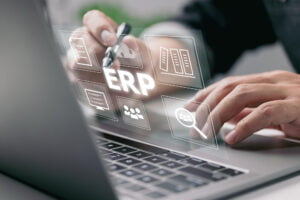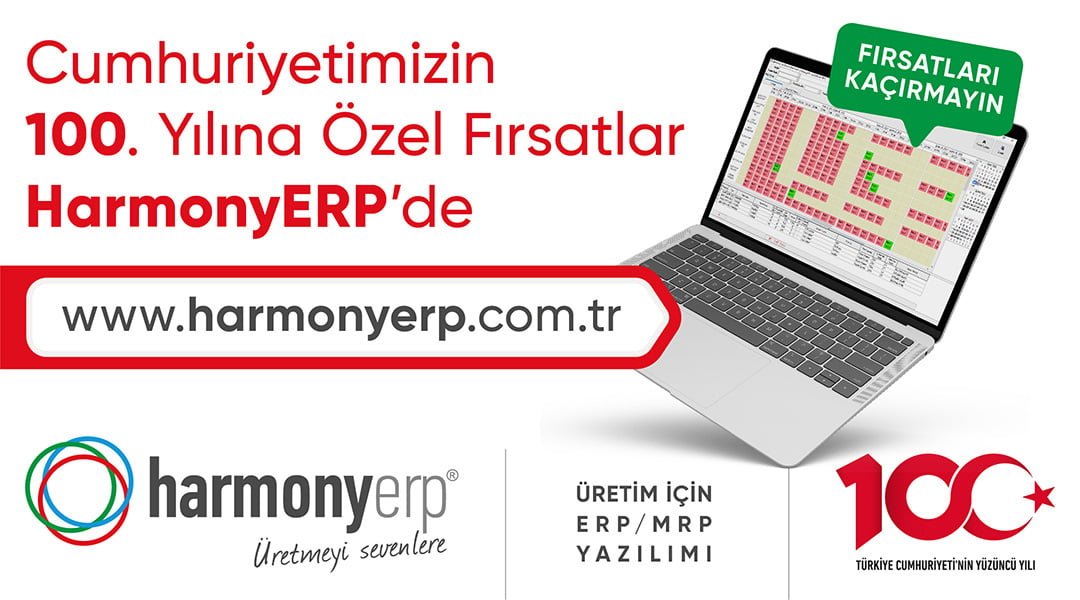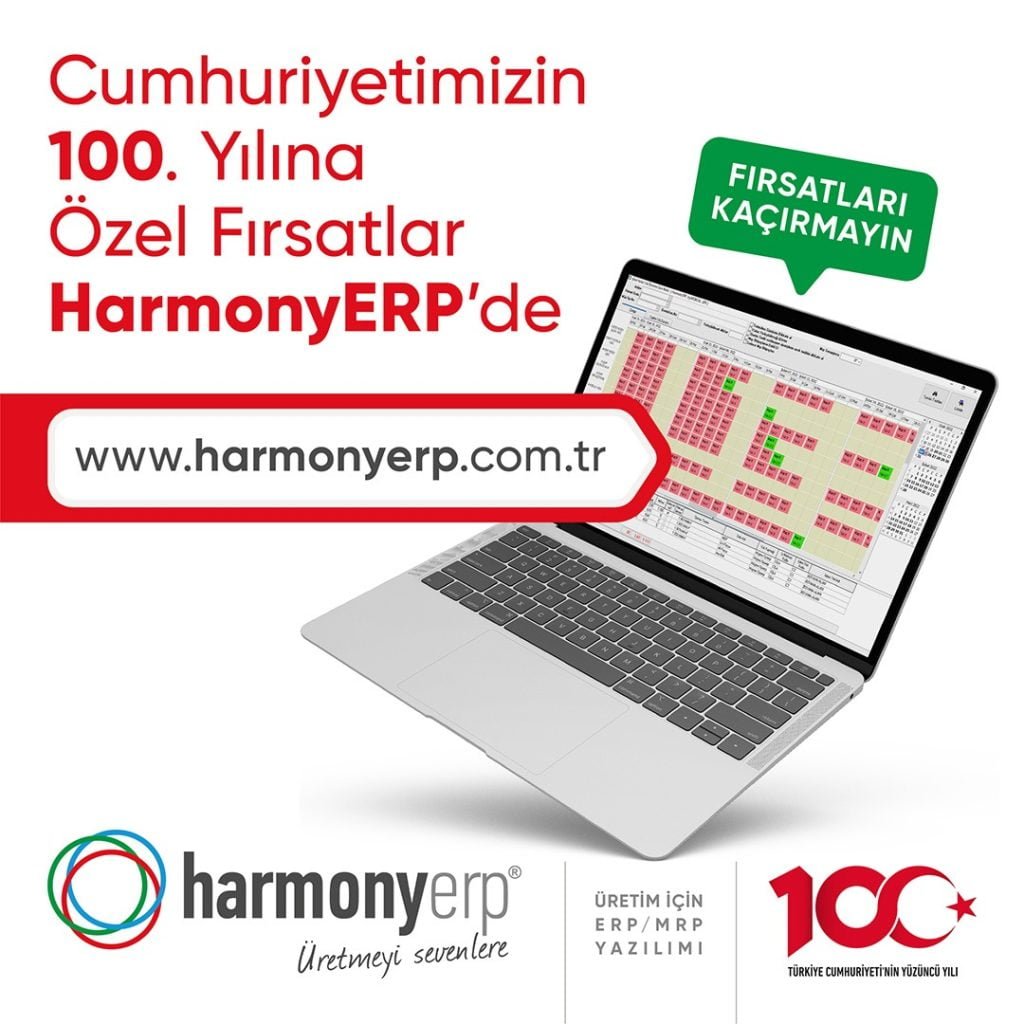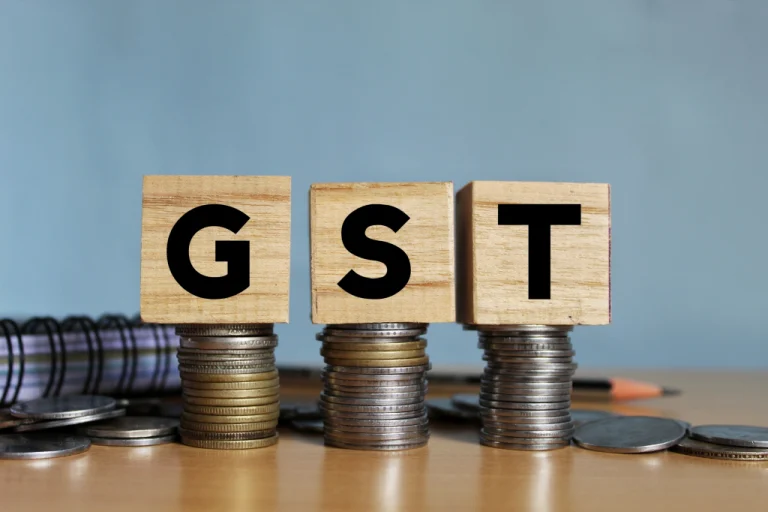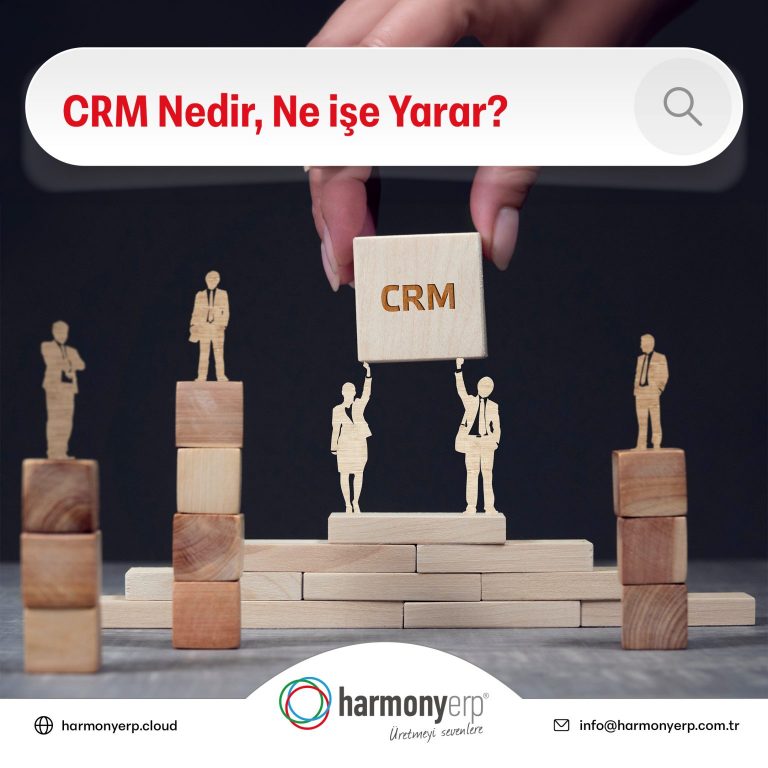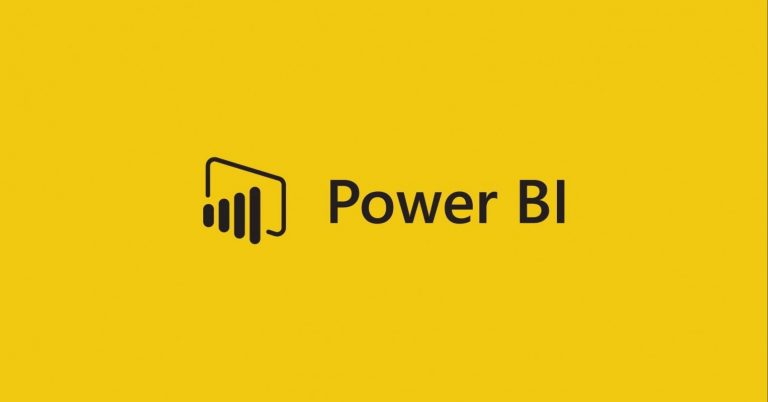Formation of Purchasing Requirements

In procurement processes, it is of great importance to use the information previously determined on the system to procure materials. ERP systems play an important role in identifying procurement requirements. For production planned with customer orders and Master Production Schedule (MPS), requirements are determined after Material Requirements Planning (MRP) is run. The procurement process is initiated in line with the identified needs. Independent purchase requests can also be created, independent of production. After going through the approval processes, these requests are transformed into supplier negotiations by the purchasing department.
Procurement Approval Processes
Approval stages in procurement processes are crucial for the correct procurement of resources and budget control. Approval stages are used for quotations, orders and independent requests. According to the approval hierarchy determined based on the organizational structure, it is determined which stages need to be approved and by whom. This approach minimizes the flow of information and increases the efficiency of the process.
Procurement Proposals and Evaluations
In the creation of purchase offers, offer forms are sent as a result of interviews with suppliers. These offers are evaluated by the purchasing unit and the ordering phase is initiated. Supplier assessments play an important role in evaluating purchasing proposals and help to make the right choices.
Procurement and Cost Optimization
Thanks to ERP systems, an accurate purchasing strategy can be created to minimize costs and use material stocks effectively. The production planning department determines how much material to buy for each product. In this way, purchases can be made by minimizing costs and making an accurate production planning. After the purchase order is opened, the product is included in the production process after passing the acceptance stage according to the established criteria.
Advantages of HarmonyERP
HarmonyERP supports cost optimization while making your procurement processes more efficient and manageable. With features such as supplier management, automation of approval processes and data analytics for accurate decisions, you can manage your business more effectively. Thus, you can increase the efficiency of your procurement processes and gain a competitive advantage.

